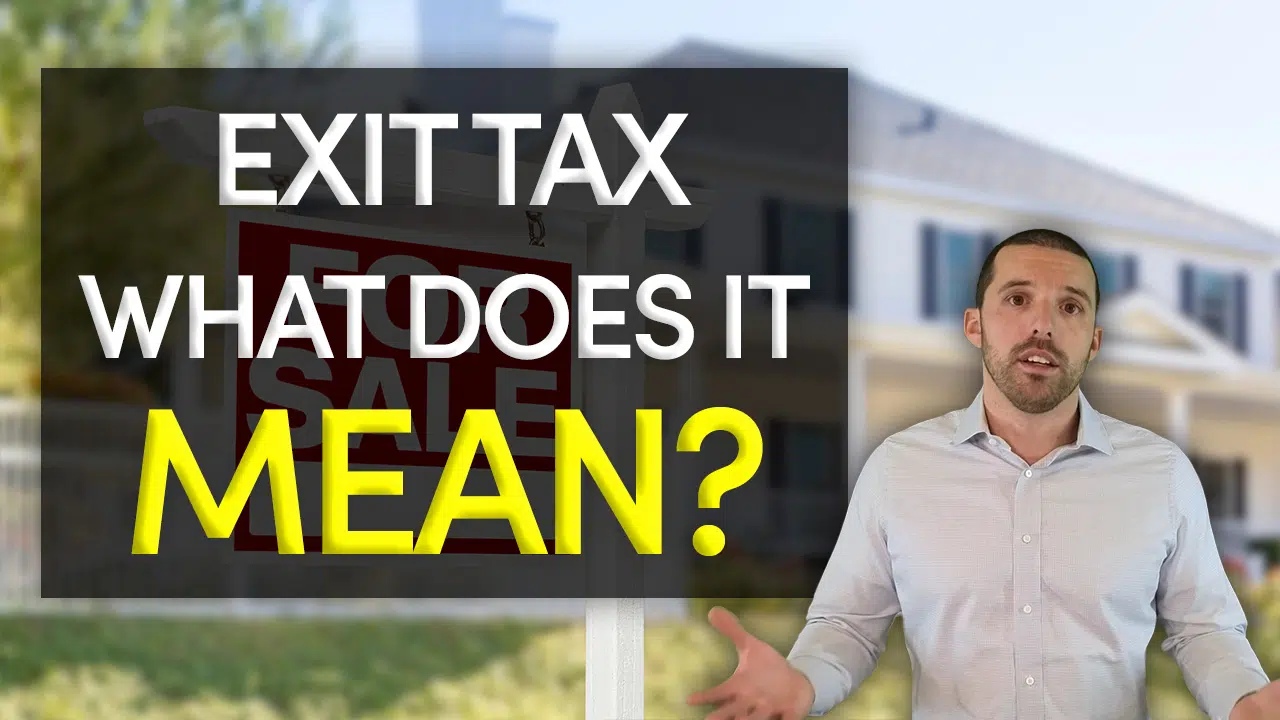Does New Jersey Have An "Exit Tax" For Non-Residents?
If you are a not a resident of New Jersey and you are planning on selling your New Jersey house soon... You should know about the non-resident withholding that will likely be on your settlement sheet. That's right, I said, "Withholding." Many people confuse NJ to have to an "Exit" tax. That is not necessarily true, it is more of a withholding until it is determined how much money you owe. If you don't owe anything at all, the tax withholding will be reimbursed to you... Similar to when estimated taxes are withheld on your paycheck.
The state of New Jersey requires either 8.97 percent of the profit or 2 percent of the total selling price (whichever is higher) to be withheld at settlement. Most of the time you will see 2% of the gross sale price withheld on the settlement sheet. The title company must add this to the settlement sheet by law, unless you're not receiving any proceeds (money) as a result of the sale.
The good news is that you can file for a claim for refund as early as after settlement has been completed... You do not have to wait to file your tax return. Just provide proof of overpayment and Form A-3128.
You can even apply for a waiver from the state prior to settlement If you're selling your home for a loss or less money than you paid for it. Most good title companies will do this for you if they have the time.
With that said, who is considered as Non-Residents of New Jersey?
- You do not own a permanent home in New Jersey
- You did not maintain a permanent home in New Jersey
- You did not maintain a permanent home outside New Jersey
- You did not spend more than 30 days in New Jersey
See the Form A-3128 below to determine how much you should expect in a refund or if you will owe additional taxes based off of the sale price and how much you paid for the property.
Remember, this is not an Exit Tax as there is no Exit Tax in New Jersey. This is a tax withholding until it is calculated how much you owe the state for the income or gain on the sale of real estate.
*This blog post should not be considered tax or legal advice, contact your CPA or tax attorney for specific guidance on your real estate transaction.

